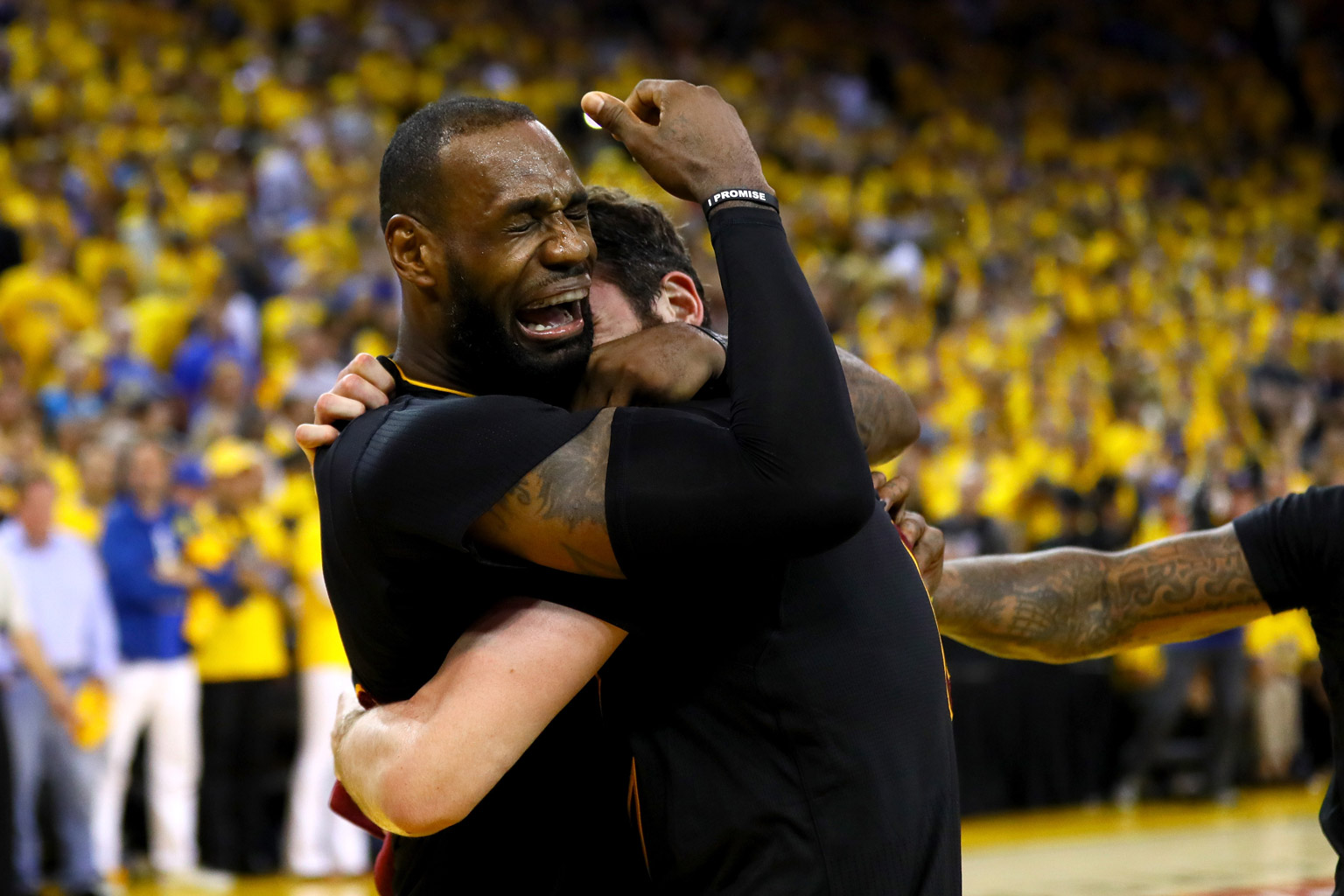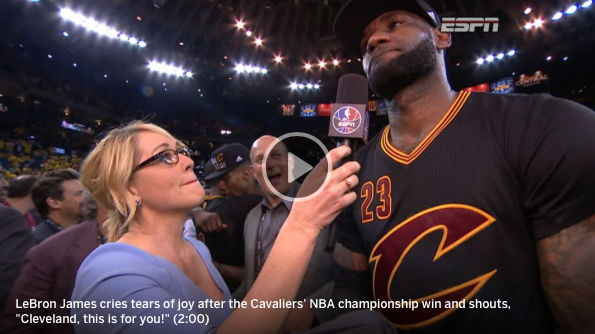
The Cleveland Cavaliers won the NBA Championship on Sunday night, and on the surface, that doesn’t really mean much unless you’re a basketball fan. Discover More Here as it can feast the eyes of basketball players. But this victory, unlike other championships, feels like it means so much more.
First off, the Cavaliers came back from being down three games to one against the Golden Sate Warriors, who had basically been unbeatable in the regular season. Before the Finals started, people predicted that Cavs would be hard pressed to win one game against the Warriors, much less the series. That wasn’t a knock on Cleveland per say, but a testament to how dominate the Warriors have been all season.
And for a few games it looked like those prognosticators were right. The Warriors dominated the Cavs and pushed them to the brink. The Cavs then had no choice but to win three games in a row, becoming the first team in NBA history to come back from a 3-1 deficit to clinch a title.
That’s all well and good, and everyone loves an under dog, but to really understand what this means, you have to understand LeBron James’ complicated relationship with his hometown, and how the places we leave often have a way of calling us back.
LeBron started his career in Cleveland and played there for 7 years before he became an unrestricted free agent. He had a choice to make. Should he stay in Cleveland or move on and pursue his dreams of an NBA championship? After a lot of hand-wringing and speculation, LeBron decided to sign with the Miami Heat.
Now, him leaving Cleveland was a big deal. People hated him for it. They said he was disloyal and that he had abandoned the city to chase personal glory. And honestly, that was partly true. In Miami, he won two NBA titles with the Heat, achieving personal greatness. But in 2014, he opted to not re-sign with the team and returned to Cleveland.
In a moving essay in Sports Illustrated, he spoke candidly about why he wanted to come home.
“I want to give them hope when I can. I want to inspire them when I can. My relationship with Northeast Ohio is bigger than basketball. I didn’t realize that four years ago. I do now.”
LeBron has always been clear about why he came to the Cavs. It wasn’t really about him (though he did get a huge, $42 million contract) but about bringing the championship back to a city that hasn’t seen one in over 50 years. That was the promise he made and the city welcomed him back with open arms.
And on Sunday night, LeBron played the game of his life to fulfill that promise. He led all Finals players in points, rebounds, assists, steals and blocks. He didn’t just play, he performed to the best of his ability.
There’s a joy in watching someone be incredible at their job, but watching LeBron play, you could tell he wasn’t doing it for himself really, but for everyone in North East Ohio, an area that has struggled and been economically depressed for so long.
And if it wasn’t clear in his play, it was clear in his post-game celebrations and interview. After the final buzzer, LeBron fell to his knees and sobbed.
When he spoke to Doris Burke, LeBron wasn’t able to hold back his tears either.
“Cleveland, this is for you,” he roared.
I’m not going to lie, I’m not from Ohio, but even I cried watching it. Of course, LeBron wasn’t the only Cavaliers player to perform last night, but it was clear the responsibility rested on his shoulders.
Just look at him embrace Kevin Love after the final whistle.
It’s moments like this that make it clear that sports aren’t always about what happens on the court. An NBA Championship won’t fix any of the economic problems in Ohio and it won’t make the job market suddenly take a sharp turn upward, but it will give people some tiny piece of hope, some tiny bit of connection to those around them and make them say, ‘Holy shit look what we can do.’
Hemal Jhaveri is the Senior Social Media Editor for USA TODAY Sports Media, a resident of the District of Columbia, and, above all else, an awesome person. In the past, she’s worked as Executive Director of Digital Innovation at Politico, Executive Producer at AOL, and in various positions of prestige in worlds of politics and sports. She’s also contributed to an ongoing series on these pages titled Please Explain Sports, where she eloquently explains various sports and sporting activities to people who don’t follow sports that closely. Feel free to contact us if you have any timely or timeless sports-related questions you’d like Hemal to tackle.
Photo: Getty Images.




